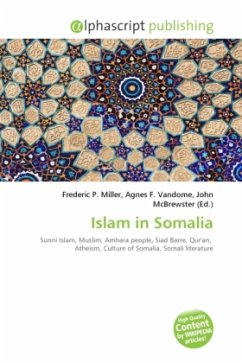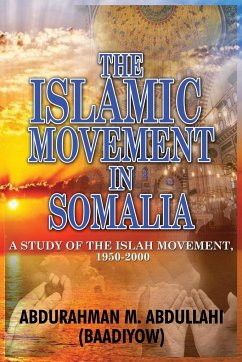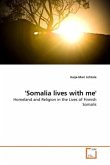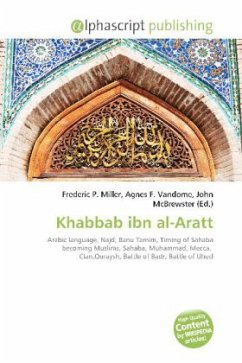Nearly all Somalis are Sunni Muslims. Practicing Islam reinforces distinctions that further set Somalis apart from their immediate African neighbors, many of whom are either Christians (particularly the Amhara and others of Ethiopia) or adherents of indigenous faiths. The Islamic ideal is a society organized to implement Muslim precepts in which no distinction exists between the secular and the religious spheres. Among Somalis this ideal had been approximated less fully in the north than among some groups in the settled regions of the south where religious leaders were at one time an integral part of the social and political structure. Among nomads, the exigencies of pastoral life gave greater weight to the warrior's role, and religious leaders were expected to remain aloof from political matters. The role of religious functionaries began to shrink in the 1950s and 1960s as some of their legal and educational powers and responsibilities were transferred to secular authorities. The position of religious leaders changed substantially after the 1969 revolution and the introduction of scientific socialism.
Bitte wählen Sie Ihr Anliegen aus.
Rechnungen
Retourenschein anfordern
Bestellstatus
Storno








